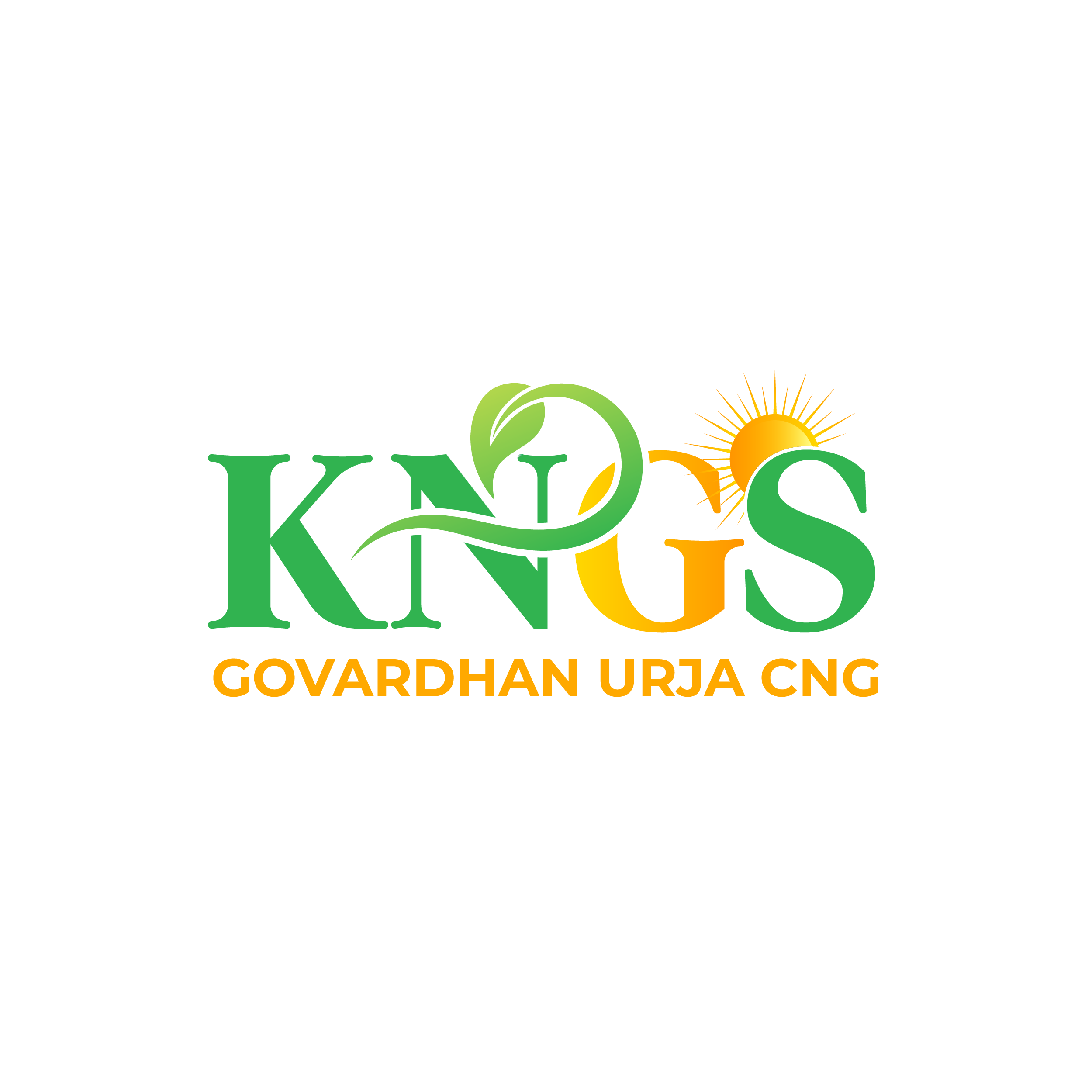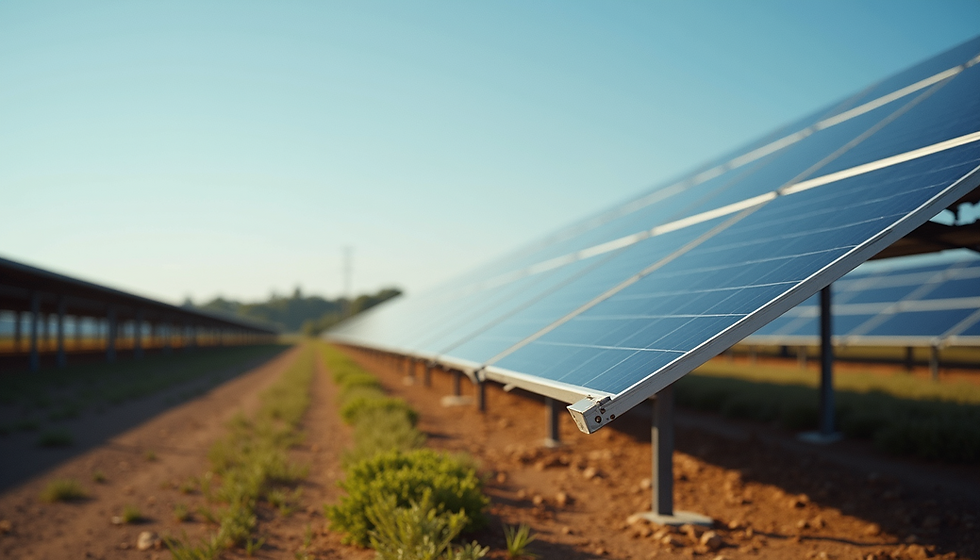How Farmers Can Earn from Cow Dung Through KNGS’s Procurement Program
- KNGS
- May 8
- 3 min read
Updated: Aug 6
Introduction
In today's world, farmers are seeking additional sources of income. KNGS Govardhan Urja’s cow dung procurement program offers a revolutionary opportunity. This program transforms cow dung—often viewed as agricultural waste—into high-value Bio-CNG fuel. KNGS helps farmers convert waste into wealth. This initiative not only provides a stable source of income but also plays a vital role in India’s green energy movement.
💼 What Is the KNGS Cow Dung Procurement Program?
KNGS has developed a structured system to purchase cow dung from farmers, Gaushalas, and rural households at pre-decided rates. This dung is then used as a raw material in Bio-CNG production. It turns everyday organic waste into clean fuel that powers transport, industries, and rural kitchens.
💰 How Farmers Can Earn from Cow Dung
1. Register as a Supplier
Farmers can register with KNGS as a dung supplier. The registration process is simple and open to individual farmers, dairy cooperatives, and Gaushalas.
2. Cow Dung Collection & Weighing
Farmers can deliver or schedule a pick-up of cow dung. KNGS ensures accurate weighing and record-keeping for every batch.
3. Guaranteed Payments
KNGS provides prompt payments based on the quantity of dung supplied. Rates are fair and pre-agreed, ensuring transparency and trust.
4. Monthly Earnings Report
Farmers receive detailed monthly statements showing the dung supplied, rate paid, and total income earned.
🌿 Additional Benefits for Farmers
✅ Steady secondary income: Even small-scale suppliers can earn extra income regularly, boosting rural household finances.
✅ Eco-friendly waste disposal: Cow dung no longer needs to pile up or pollute water sources; it becomes part of a clean energy cycle.
✅ Access to organic fertilizer: Farmers who participate in the program can also receive organic digestate (a by-product of Bio-CNG) as free or low-cost manure for their farms.
✅ Contribution to Green India: Every kg of dung supplied supports reduction in fossil fuel dependency and greenhouse gas emissions.
📍 Real Impact: A Case from Rural Maharashtra
Meet Suresh Patil, a dairy farmer from a village near Nashik. After enrolling in KNGS’s procurement program, Suresh began earning ₹3,000–₹4,000 extra every month by supplying cow dung from his 10 cattle. He’s now planning to expand his herd, seeing cow dung not just as waste, but as an asset.
📞 How to Get Started
Interested farmers can:
Visit the nearest KNGS collection center.
Contact the local procurement officer.
Call the KNGS support number or apply online via the official website.
🌱 The Future of Farming with KNGS
The KNGS cow dung procurement program is more than just a financial opportunity. It represents a shift in how farmers view their resources. By embracing this program, farmers can contribute to sustainable practices while improving their livelihoods.
The Role of Bio-CNG in Energy Transition
Bio-CNG is a crucial player in the energy transition. It provides a renewable energy source that reduces reliance on fossil fuels. By participating in the KNGS program, farmers not only earn money but also help support a cleaner environment.
Community Impact and Growth
The program fosters community growth. As more farmers join, the collective impact on local economies becomes significant. Increased income leads to better living standards and investment in local infrastructure.
Educational Initiatives
KNGS also focuses on educating farmers about sustainable practices. Workshops and training sessions help farmers understand the benefits of Bio-CNG and effective dung management. This knowledge empowers them to maximize their earnings and contribute to environmental sustainability.
🔚 Final Thoughts
With its innovative cow dung procurement program, KNGS Govardhan Urja is empowering farmers to earn more while contributing to India’s clean fuel mission. This is more than just an income opportunity; it’s a step toward a greener and more prosperous rural economy. By participating in this program, farmers can transform their perspective on waste, turning it into a valuable resource.




Comments